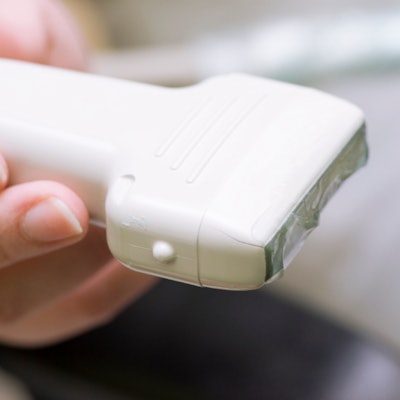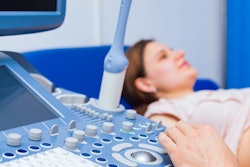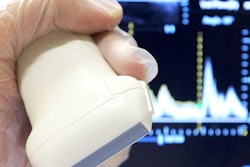
Do unregulated sonographers pose a threat to patient safety? That's the suggestion of a long-awaited report by the Professional Standards Authority (PSA) into the regulation of sonographers in England. The Royal College of Radiologists (RCR) has voiced strong concerns about the issue.
In its report commissioned by Health Education England (HEE), the PSA concluded that statutory regulation of sonographers in England is currently not appropriate or proportionate. The authors believe most ultrasound practitioners are already regulated via their primary professional roles, and quality assurance in diagnostic and screening services is overseen by registration with the health regulator, the Care Quality Commission.
According to a press statement issued on 2 July by the PSA, "The role of a sonographer requires a high degree of skill and clinical knowledge across a range of areas and individuals often practice with significant autonomy. There are inherent risks arising from sonographers' practices, including from misdiagnosis and misuse of ultrasound equipment, although we found little evidence of widespread harm. This may however be due to limitations in the data."
The PSA, which oversees nine statutory bodies that regulate health and social care professionals in the U.K., does concede that statutory regulation must be considered in the future if there is an increase in the number of those entering sonography from new direct-entry training routes.
"Currently, risks appear to be well controlled because most of those practicing as sonographers are already regulated in other professional roles and they hold postgraduate qualifications," the PSA stated. "However, if greater numbers enter the role directly through the undergraduate route as planned, this combined with increased vulnerability and complexity of patients undergoing ultrasound procedures suggests further controls would be needed."
The RCR response
The U.K. Royal College of Radiologists has already criticized parts of the report.
"The RCR has grave concerns regarding the PSA's findings," said Dr. Caroline Rubin, vice president for clinical radiology at the RCR. "While there is medical oversight and guidance for sonographers working within the health service -- whatever their background -- there is no guaranteed accountability and competency framework for independent sonographers, who may or may not be registered with a professional regulator."
 Dr. Caroline Rubin, RCR's vice president of clinical radiology.
Dr. Caroline Rubin, RCR's vice president of clinical radiology.The decision to maintain the current regulatory process also disadvantages and restricts the scope of practice of those entering sonography through new routes such as undergraduate courses or apprenticeship training, she added in an RCR statement.
"Because these individuals will not be regulated by a professional body they will be unable to develop their skills and work as advanced practitioners, in accordance with NHS [National Health Service] safeguards. Potential lack of trust in unregulated new graduates could then lead to the failure of the undergraduate sonography program," Rubin stated.
If new training solutions lead to the increase in sonographer numbers hoped for, it is vital to have a regulatory system up and running, rather than dragging interested parties through another time-consuming consultation on the issue, she pointed out. Further, the PSA's assertion that risk can be managed either by strengthening clinical governance in departments or by encouraging unregulated practitioners to join the Public Voluntary Register of Sonographers is unlikely to be effective, she asserted.
"We wholeheartedly agree with the conclusion of the Independent Review Panel that advised the PSA, which stated that, 'other forms of assurance were likely to be insufficient to manage the developing risk profile for sonographers, and that ultimately statutory regulation was required,' " Rubin noted. "The RCR considers that sonographers should be regulated to the same standards as medical practitioners undertaking ultrasound."
You can download the full report free of charge from the PSA website. The authors completed their work on the report in February 2019, but the report took several months to obtain full approval, so it was only published on 2 July.



















